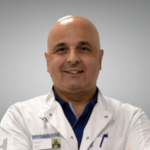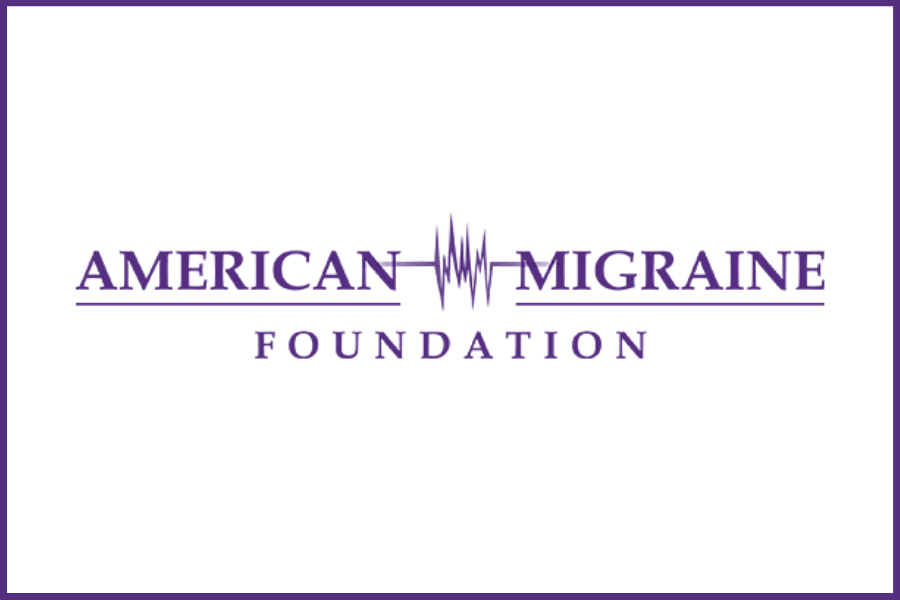When Nothing Works: Treatment-Resistant Chronic Migraine
You are currently watching a preview of this interview. Unlock the full version by upgrading to an Access Pass bundle! Get FREE access to 8 expert interviews from Day 1 and Day 2 when you register today!
Key Questions
- What is the difference between episodic and chronic migraine?
- Why is it easy to misrepresent the true severity of migraine?
- How do we get full access to our medical records?
- Why do some people with migraine become chronic while others do not?
- What are some risk factors for chronic migraine?
- When should someone with migraine consider prevention?
- How does a world-leading headache clinic approach the most difficult migraine cases?
- What is medication overuse headache?
- When should someone change the provider they see for migraine disease?
- What are some other treatment options for frequent nausea or vomiting?
- What can be done for people who have intractable migraine that is destroying their quality of life?
- What is the SEEDS acronym?
- What do we need to know about migraine guilt?
- How should we think about different migraine tools and treatments?
- What role does self-awareness play in migraine management?
- Is chronic migraine related to brain sensitization?
- Are there any findings from general pain research that apply to migraine?
- How can we retrain the brain?
- What role do neuromodulation devices play in the management of migraine?
- How effective are oral medications, injectables, and devices?
- Why doesn’t one treatment or tool work for everyone with migraine?
- Why should someone with chronic migraine stay hopeful?
Interview Notes
Find more about Amaal Starling, MD and her work here:
- American Migraine Foundation
- American Headache Society
- American Academy of Neurology
- American Pain Society
- Twitter: @AmaalStarlingMD
Treatments Mentioned
- Botox injections
- CGRPs
- Cognitive behavioral therapy
- Injectables
- Meditation and mindfulness techniques, such as progressive muscle relaxation
- Neuromodulation devices
- SEEDS (Sleep hygiene, Exercise regularly, Eating healthy and less processed food, Drinking water and preventing dehydration and Stress management)
- Topiramate
- Triptans
Please note: The Migraine World Summit’s aim is to bring you a variety of perspectives and expertise, independent of bias or judgment. Alternative theories presented in this video have not been medically reviewed. Views expressed in this interview do not necessarily represent the views of the Migraine World Summit. Please always consult your health care professional and do your own research before making changes to your treatment plan.

Amaal J. Starling, MD, FAHS, FAAN
Neurologist
Mayo Clinic, Arizona
Dr. Amaal J. Starling is an associate professor of neurology at the Mayo Clinic College of Medicine. She joined the Mayo Clinic in 2012 and is currently a consultant within the Department of Neurology. Dr. Starling received her medical degree from the Drexel University College of Medicine in Philadelphia. She completed a transitional year residency, a neurology residency, and a headache fellowship at the Mayo Clinic College of Medicine in Scottsdale, Ariz.
Dr. Starling is an active member of numerous migraine advocacy organizations, including the American Headache Society (AHS), the American Migraine Foundation, and the American Academy of Neurology (AAN). She is also involved in events supporting migraine, including Headache on the Hill, Miles for Migraine, and the Alliance for Headache Disorders Advocacy. Dr. Starling is currently serving on the AHS Board of Directors and is the chair of the AHS Advocacy Committee and a member of the AHS Diversity, Equity, and Inclusion Taskforce. Dr. Starling has been the recipient of numerous awards, including the AHS Above and Beyond Award for Service, Manfred D. Muenter Award for Excellence in Clinical Neurology, the AAN Annual Meeting Residency Scholarship, the 2012 Spirit of Mayo Clinic Award, and the Mayo Brothers Distinguished Fellowship Award.
Dr. Starling has authored numerous peer-reviewed publications and abstracts related to her fields of interest, which include migraine, concussion, post-traumatic headache, neuromodulation, and telemedicine. Dr. Starling’s hope is that her research and advocacy will advance care for people with migraine, post-traumatic headache, and other headache disorders. She envisions a future in which all people with headache disorders receive personalized, effective, and well-tolerated treatment options to improve their quality of life.
Interviews from Amaal J. Starling, MD, FAHS, FAAN
SEEDS Natural Method for Migraine Control
Treatment Spotlight: Drug-Free Devices
When Nothing Works: Treatment-Resistant Chronic Migraine
How Can You Stand Up Against Migraine?

Purchase full access to the entire 2024 Summit. Includes:
- All expert interviews with separate audio (MP3) files & transcripts
- Lifetime on-demand access with no annual fee to 2024 Summit
- Interview Summaries
- Treatment Guidelines
- And much more!
Related Talks for: Day 2 (2022)
Persistent Chronic Migraine Symptoms Between Attacks
Christine Lay, MD, FAHS
10 Steps to Migraine Management Your Doctor Should be Taking
Messoud Ashina, MD, PhD, DMSc
The American Migraine Foundation (AMF) is a non-profit organization dedicated to the advancement of research and awareness surrounding migraine, a disabling condition that impacts more than 37 million men, women and children in the United States. The AMF was founded in 2010 to provide global access to information and resources for individuals with migraine as well as their family and friends.

Video Chapters are available for every 30-minute interview during the 2022 Migraine World Summit. Use the chapters to easily navigate to relevant segments to find answers faster. Click on the bullet icon next to the video settings to enable chapters.






